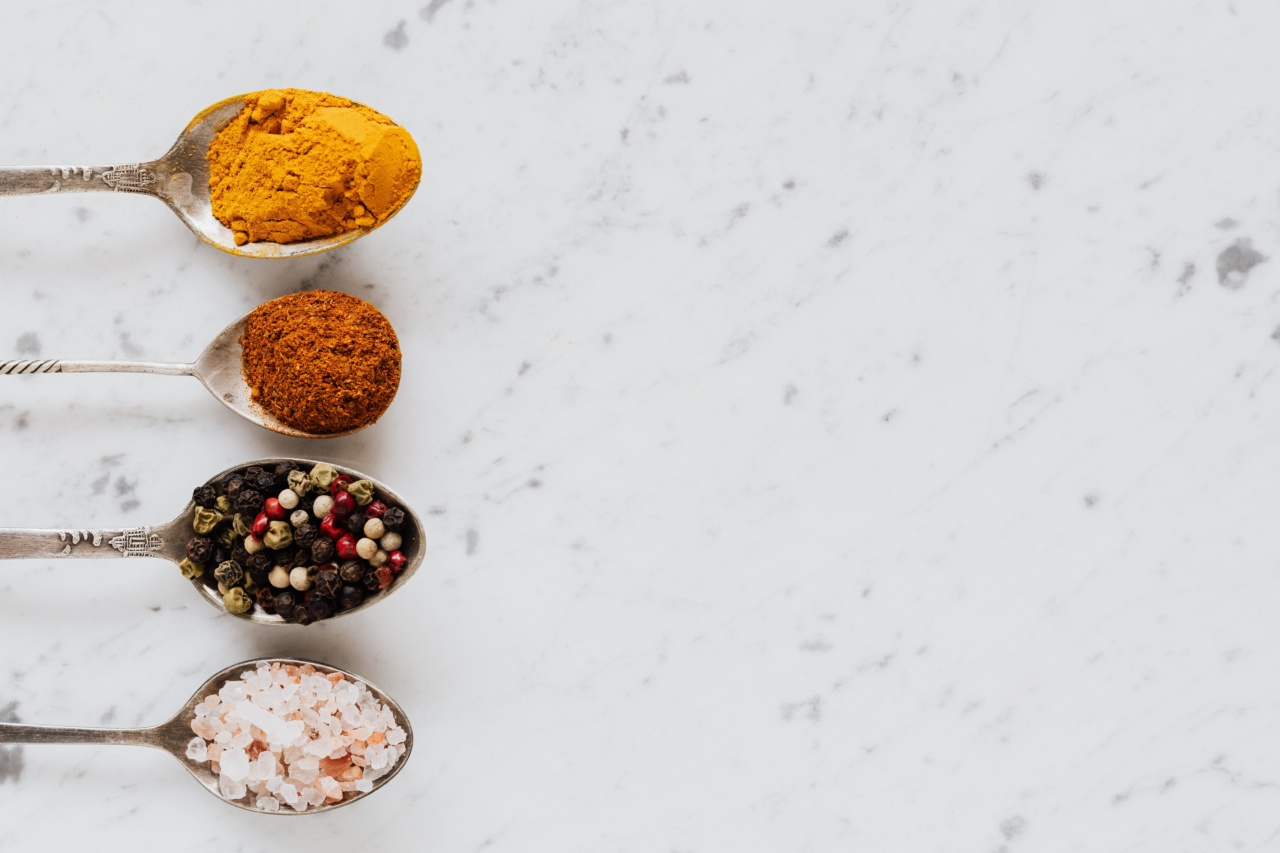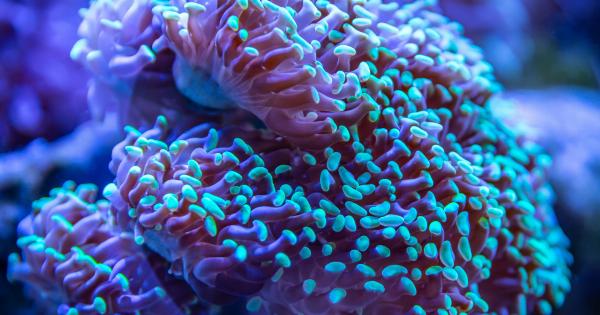Salt is a staple ingredient used in almost every cuisine in the world. It has been used in various forms of food preservation and flavoring for thousands of years.
Despite its essential nature in our diet, salt has long been the subject of controversy and misinformation. In this article, we’ll debunk six myths about the dangers of salt.
Myth #1: Salt causes high blood pressure
Many people think that salt is the main cause of high blood pressure. However, studies have shown that the link between salt intake and high blood pressure is not as straightforward as previously believed.
While high salt intake may increase blood pressure in some individuals, others may not be affected at all.
Moreover, blood pressure regulation is a complex process that involves various factors, including genetics, lifestyle, and diet.
Therefore, the relationship between salt intake and blood pressure is not universal and should be evaluated on a case-by-case basis.
Myth #2: Salt is unhealthy
Salt is often associated with negative health outcomes, such as heart disease, stroke, and stomach cancer. However, this association is not entirely accurate.
While excessive salt intake may increase the risk of these conditions, moderate salt intake is not harmful and may even have health benefits.
Salt is an essential mineral that helps regulate many bodily functions, such as fluid balance, nerve signaling, and muscle function. Additionally, salt contains iodine, which is crucial for thyroid function and overall health.
Myth #3: Salt is addictive
Some people believe that salt is addictive, leading them to crave salty foods. However, there is no scientific evidence to support this claim. While some individuals may prefer salty foods, this preference is not necessarily due to addiction.
Moreover, our taste preferences are not solely determined by our biology but also by our culture and environment. Therefore, reducing salt intake does not necessarily lead to withdrawal symptoms or cravings.
Myth #4: Salt should be avoided during pregnancy
Many women believe that they should avoid salt during pregnancy, as it may harm the fetus. However, salt is an essential nutrient that plays a vital role in fetal development, particularly in the growth and development of the brain and nervous system.
While excessive salt intake may increase the risk of high blood pressure and fluid retention during pregnancy, moderate salt intake is safe and beneficial.
Additionally, pregnant women should consult their healthcare provider regarding their salt intake and other dietary recommendations.
Myth #5: Sea salt is healthier than table salt
Many people believe that sea salt is healthier than table salt, as it is less processed and contains more minerals. However, the differences between sea salt and table salt are minimal from a nutritional standpoint.
Both types of salt are mostly composed of sodium chloride, with minor variations in mineral content and texture. Additionally, most sea salt is not iodized, which can lead to iodine deficiency in areas where iodine intake is low.
Myth #6: Low-salt diets are always beneficial
While low-salt diets may benefit some individuals, they are not suitable for everyone.
In fact, studies have shown that low-salt diets may increase the risk of adverse health outcomes, such as insulin resistance, high triglycerides, and an increased risk of death in individuals with heart failure.
Additionally, sudden and significant reductions in salt intake can lead to electrolyte imbalances, dehydration, and other adverse effects. Therefore, salt intake should be individualized and based on personal health status and dietary needs.
Conclusion
Salt is a fundamental ingredient in our diets and has many health benefits. Despite the myths surrounding its dangers, the evidence suggests that moderate salt intake is safe and may even be beneficial for some individuals.
Like most things in life, moderation is key.






























